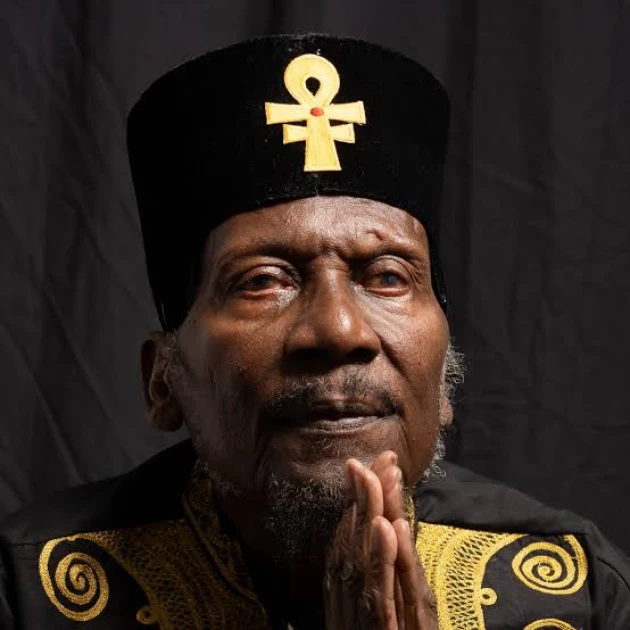It has been announced that Sidney Poitier, the first Black man to win a best actor Oscar, has died. The Hollywood star's death was confirmed by the office of Fred Mitchell, the Bahamas' minister of foreign affairs.
Poitier was a trailblazing actor and a respected humanitarian and diplomat. He won the Academy Award for best actor for Lilies of the Field in 1963.
Former US President Barack Obama said that Poitier epitomised dignity and grace and had "singular talent". US broadcaster and journalist Oprah Winfrey also paid tribute, saying the actor "had an enormous soul I will forever cherish".
Born in Miami, Poitier grew up on a tomato farm in the Bahamas and moved to New York aged 16. He signed up for a short stint in the army and did several odd jobs while taking acting lessons, en route to becoming a star of the stage and screen in the 1950s and 60s.
He broke racial barriers in Hollywood. His appearance in The Defiant Ones in 1958 earned him his first Oscar nomination - in itself an historic achievement for a Black man in a lead category at the time. Five years later he went one better, taking the glory for Lilies of the Field, in which he played a handyman who helps German nuns to build a chapel in the desert.
Speaking on a live Facebook stream, The Prime Minister of the Bahamas, Philip Davis said: "Our whole Bahamas grieves. But even as we mourn, we celebrate the life of a great Bahamian."
He added: "His strength of character, his willingness to stand up and be counted and the way he plotted and navigated his life's journey. The boy who moved from the tomato farm to become a waiter in the United States, a young man who not only taught himself to read and write, but who made the expression of words and thoughts and feelings central to his career."
The actor was a regular on the big screen at a time of racial segregation in the US, appearing in a Patch of Blue in 1965, and then Heat of the Night the year after, followed by Guess Who's Coming to Dinner, playing a Black man with a white fiancée. In Heat of the Night he portrayed Virgil Tibbs, a black police officer confronting racism during a murder investigation.
His other classic films included A Patch of Blue, The Blackboard Jungle and A Raisin in the Sun, which he also performed on Broadway. He went on to direct a raft of films, and a Broadway play about life and career was announced last month.
Author and historian Donald Bogle spoke in a Turner Classic Movies YouTube film about the heights the actor reached during his career. "Poitier in the 60s is this big star and he's the only dramatic Black actor who works continually in these leading roles and he has big films," he said.
Screenwriter Richard Wesley added: "At that time, there was a social need for a character like Sidney Poitier. The social changes that were being wrought by the civil rights movement were demanding a different kind of conversation, interaction and introspection on the part of Black and White people in America at that time.
“Sidney Poitier's characterisations on screen were part of that conversation - and they were a necessary part of that conversation." US filmmaker Ava DuVernay also paid her respects online.
Poitier became the first Black actor to receive a life achievement award from the American Film Institute in 1992. Five years later, he was appointed the Bahamas' ambassador to Japan and he received a knighthood from the Queen in 1974.
As a Bahamian citizen he was eligible for a substantive knighthood, but given he was a US resident and Bahamian by descent the Bahamian authorities preferred it to be an honorary award.
Married twice with six children, he was 94.











